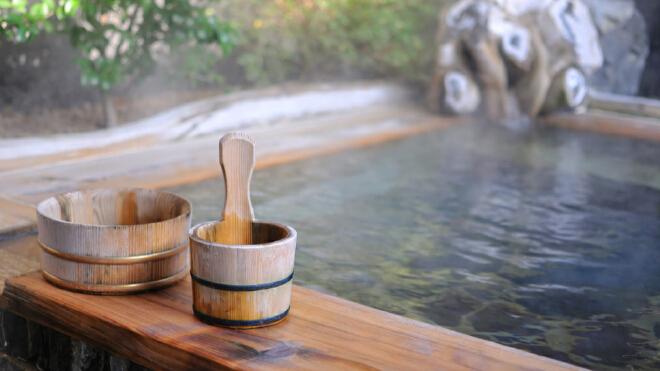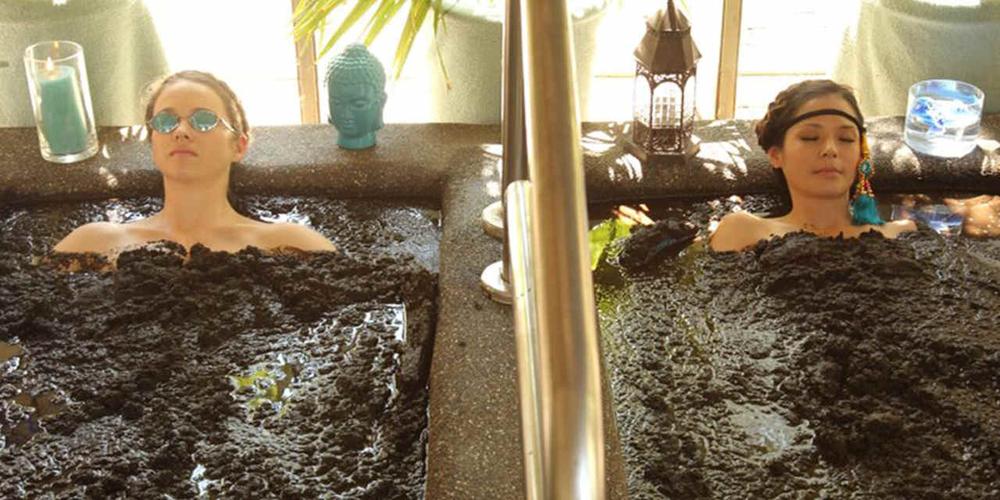- 本文目录导读:
- Introduction
- Understanding Tui Na
- The Benefits of Tui Na
- Health Conditions Treated with Tui Na
- How Tui Na Differs from Western Massage
- Getting Started with Tui Na
- Conclusion
Introduction
Traditional Chinese massage, also known as Tui Na, has been practiced for thousands of years as a key component of Traditional Chinese Medicine (TCM). This holistic approach to health and wellness focuses on restoring balance and harmony within the body through various techniques, including massage, acupuncture, and herbal remedies. In recent years, Tui Na has gained popularity in the West as more people seek natural and effective ways to improve their overall well-being.
Understanding Tui Na
Tui Na is based on the principles of TCM, which views the body as a complex system of interconnected channels through which vital energy, or Qi, flows. When these channels become blocked or imbalanced, it can lead to pain, illness, and other health issues. Tui Na aims to restore the flow of Qi by applying pressure to specific points on the body, as well as using stretching and joint manipulation techniques.

The Benefits of Tui Na
There are numerous benefits to incorporating Tui Na into your wellness routine. Firstly, it can help alleviate musculoskeletal pain and tension, making it an effective treatment for conditions such as back pain, neck pain, and arthritis. Tui Na can also improve circulation, reduce stress and anxiety, and promote relaxation, which can have a positive impact on both physical and mental health.
Health Conditions Treated with Tui Na
In addition to its general health benefits, Tui Na can be used to address specific health conditions. For example, it has been shown to be effective in relieving migraine headaches, digestive disorders, and insomnia. By targeting the underlying imbalances in the body, Tui Na can help support the body's natural healing processes and improve overall health outcomes.
How Tui Na Differs from Western Massage
While Tui Na shares some similarities with Western massage techniques, such as Swedish massage, there are key differences in both philosophy and approach. Tui Na focuses on stimulating the body's energy channels and acupressure points, whereas Western massage primarily targets muscle tension and relaxation. Additionally, Tui Na often incorporates more vigorous and dynamic movements, making it a more active form of therapy.

Getting Started with Tui Na
If you're interested in experiencing the benefits of Tui Na, it's important to seek out a qualified and experienced practitioner. A licensed TCM practitioner will be able to assess your individual health needs and develop a personalized treatment plan that may include Tui Na, acupuncture, and herbal remedies. It's also important to communicate openly with your practitioner about any health concerns or conditions you may have.
Conclusion
Traditional Chinese massage, or Tui Na, offers a holistic approach to health and wellness that can be beneficial for a wide range of health conditions and overall well-being. By understanding the principles of TCM and the specific techniques used in Tui Na, individuals can take proactive steps towards improving their health and quality of life.
转载请注明:成都会所桑拿-四川成都休闲桑拿推荐论坛! » 武汉夜网 » The Benefits of Traditional Chinese Massage for Health and Wellness
版权声明
本文仅代表作者观点,不代表成都休闲网立场。
本文系作者授权发表,未经许可,不得转载。

























